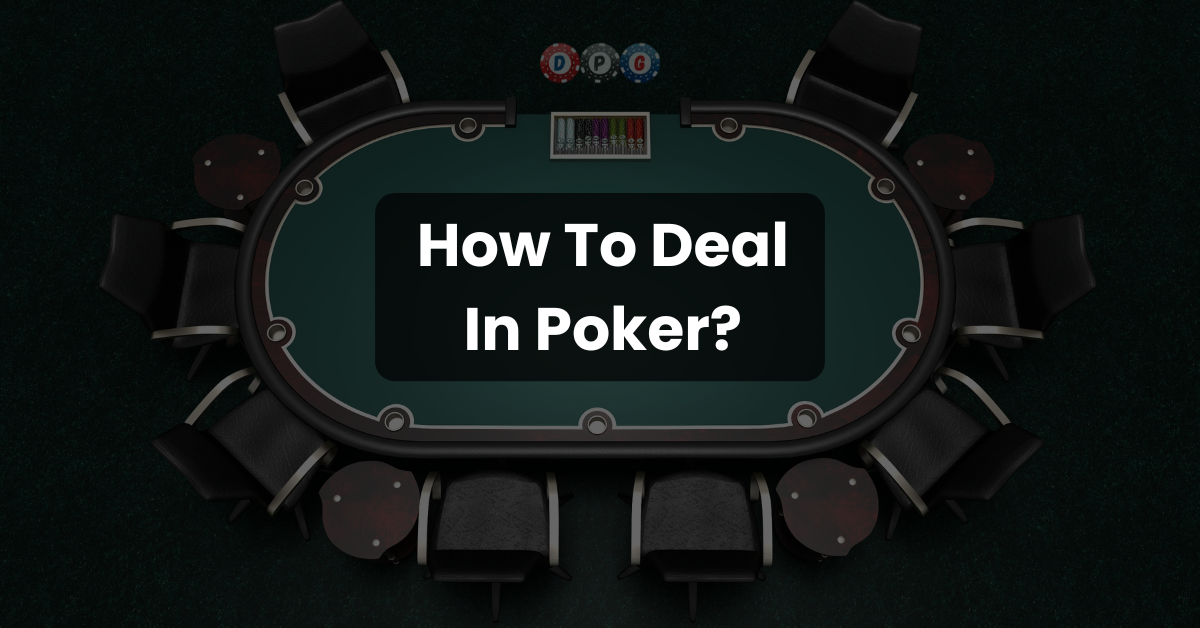If your goal is to improve your poker game online skills, mastering the art of dealing in poker is essential. Fair treatment not only affects the outcome but also ensures fair play for all players.
Here are some simple tips for How to deal poker:
To begin, confirm that each player has the same number of cards at the beginning of the transaction process. This involves removing any jokers or wild cards from the deck and making sure everyone gets the same number of cards.

Refer to a designated dealer. The person in charge of the transaction should remain
Focus on the game avoiding any distractions to avoid any possible cheating.
When deal in poker cards in an online poker game, move clockwise around the table. This method ensures that each player gets a turn of cards and makes it easy to keep track of which card belongs to whom.
Be aware of table dynamics. Observe the betting patterns of your opponent players and try to predict their next moves. This awareness will help you make informed decisions in your betting rounds.
Mastering the basics of dealing in poker adds an extra layer of skill to your online poker game performance, increasing your overall performance in the game.
Also Read – Poker Hands Ranking
Important Tips For How To Deal Poker
Starting Hands
Start by understanding the value of your starting hands. High-ranking hands such as pairs, high cards or favorable connectors increase your chances of winning.
Positional Awareness
Your position at the table is important. Being in the latter position allows you to gather more information about your opponent’s actions before making your moves.
Observation Skills
Pay attention to your opponent’s behavior, betting patterns, and tendencies. This information helps you make informed decisions based on their potential stake.
Bluffing Strategically
While bluffing is an important aspect of poker, doing it carelessly can lead to disaster. Choose strategic moments to cheat based on the information you gather about your opponents.
Pot Odds and Expected Value
Evaluate the pot odds and the expected value of your decisions. If the potential reward justifies the risk, consider making a play.
Flexibility
Be flexible in your strategy. Adjust your gameplay depending on table dynamics, opponents, and evolving situations.
Patience
Online poker games require patience. Avoid making impulsive decisions and wait for the right opportunity to take advantage of your opponent’s mistakes.
Emotional Control
Stay calm and don’t let emotions influence your decisions. Emotional stability is key to making rational choices in the heat of the game.
Continuous Learning
Stay updated on online poker game strategies, study new techniques, and learn from both wins and losses. The more you understand the game, the better you will be able to deal poker with its intricacies.
Conclusion
Play enough house games and eventually, you’ll find yourself in a situation where the poker dealer’s duties are moving around the table with the dealer button. You want to know what you’re doing when it’s your turn. It’s also good to know what to look for when how to deal in poker with others.
